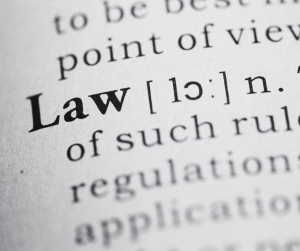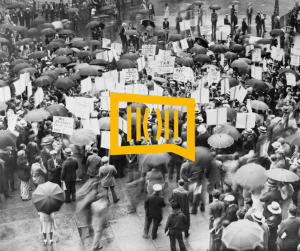Operating in a country where journalists are subjected to almost daily attacks from the ruling elite and pro-government media, KRIK’s team of 14 is accustomed to vicious personal smear campaigns and death threats. But the recent uptick in lawsuits against KRIK and its journalists is an alarming trend.
While the lawsuits were brought by ostensibly unrelated actors — an accused drug lord, a high-ranking police official, the head of the secret service, an international mining company, a media conglomerate, an oligarch, and more — almost all have close connections to the ruling government of President Aleksandar Vucic. In addition to the SLAPPs, the state filed charges against KRIK because it was late in paying a two-euro environmental tax due to receiving unclear instructions on how to pay. Charges against other organizations that made the same mistake were dropped once they paid the tax.
Other ongoing lawsuits penalize KRIK for doing its job: exposing police cover for criminal activity, revealing disinformation peddled by a media conglomerate, and outing ties between a local oligarch and Belarusian strongman Aleksander Lukashenko.
Combined, the SLAPP lawsuits are seeking damages of almost $1 million — three times more than KRIK’s annual budget.
“These are clearly frivolous lawsuits designed to overwhelm and intimidate KRIK. This is how the forces of corruption fight the forces of anti-corruption,” said OCCRP Publisher Drew Sullivan.
During a week in which journalists Maria Ressa and Dmitry Muratov are receiving the Nobel Peace Prize and U.S. President Joe Biden is convening the Summit for Democracy — to which Serbian officials have been invited — the continuous threats against KRIK underscore the immense challenges many journalists face and the need for strong legislation that protects reporters and the political will to uphold these protections.
Serbia has been accused of “simulating democracy” and Freedom House downgraded the country in 2019 from “free” to “partly free,” citing media repression as one of the reasons for the downgrade. Earlier this year, Media Freedom Rapid Response and partners conducted a fact finding mission in the country and released a report flagging many areas of concern regarding media freedom and the safety of journalists and demanding urgent action by the government.
KRIK and its editor in chief, Stevan Dojčinović, are internationally respected for their hard-hitting investigations revealing state corruption and the intersection of organized crime and politics — one of the most dangerous beats in any country. Dojčinović is a 2019 ICFJ Knight International Journalism Award winner and a member of the International Consortium of Investigative Journalists (ICIJ). This year, KRIK was a partner on the ICIJ-led Pandora Papers investigation and has participated in many other global collaborations since Dojčinović founded the organization in 2015.
“The global media community and civil society will stand behind KRIK and fight this legal bullying,” said Sullivan. “You can’t stop truth.”



